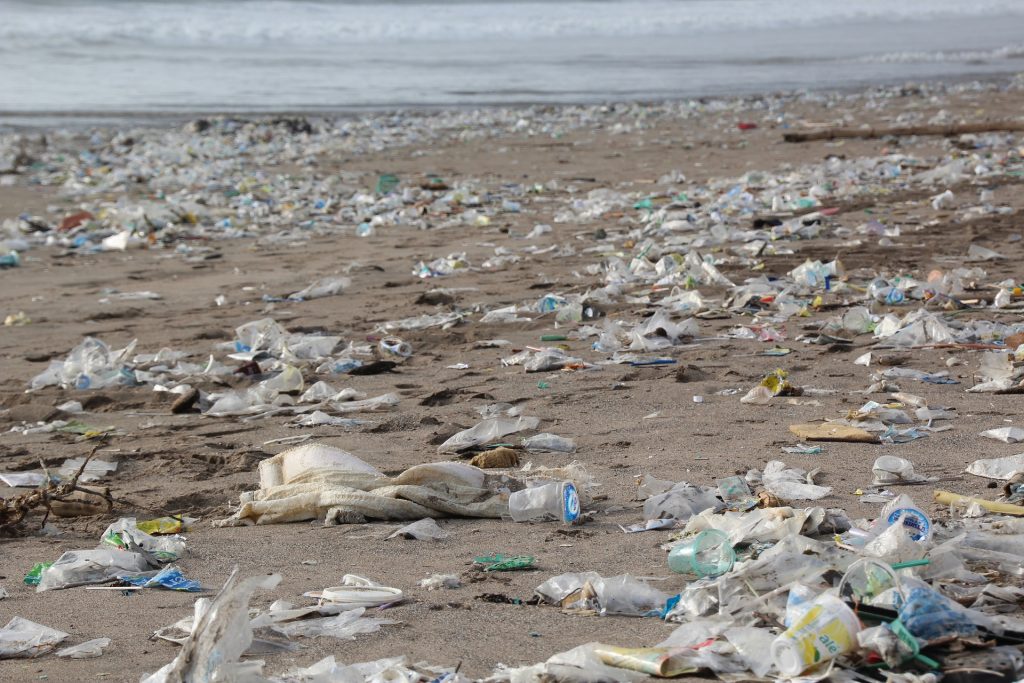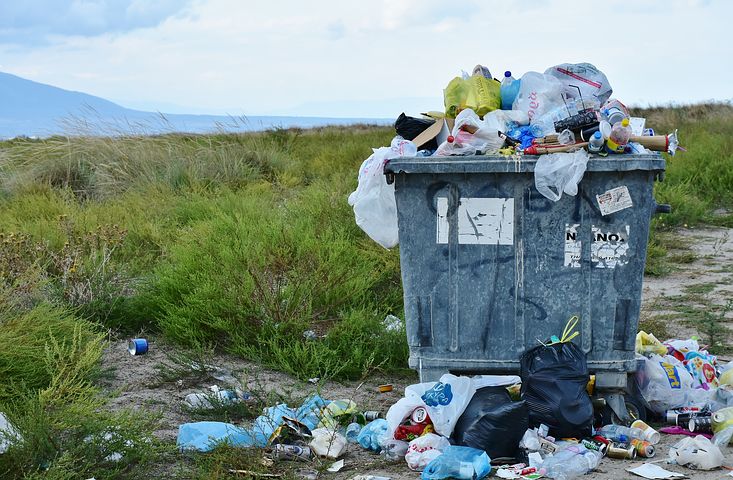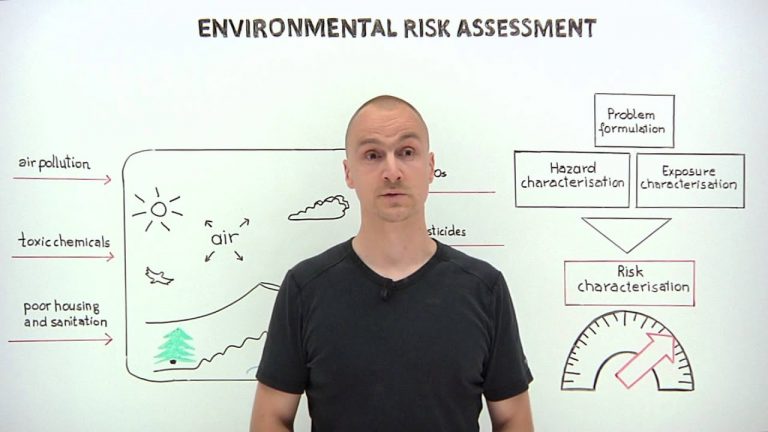With spiralling weather conditions building up more damage to every corner of the globe, it’s difficult to ignore the impact of climate change. That coupled with other damaging effects of human action, such as plastic in our oceans seeping into the food chain, and a number of the world’s governments have opted to act. In this article,Flogas, a gas cylinder supplier, explores the various ways world leaders are addressing the problems at hand.

The ParisAgreementbrings targets for 2020
Getting the nations of the world to sign up to one deal isn’teasy, but that’s exactly what this agreement did. Nearly 200 countries withinthe United Nations Framework Convention on Climate Change (UNFCCC) came to aconsensus in 2015 to cut greenhouse emissions and have committed to limittemperature rises worldwide by no more than 2C above pre-industrial times. Infact, the aim is to limit this further, to 1.5C if possible. Progress will bereviewed every five years and financial funding from donor nations will go toless developed countries.
Our efforts must go further if we are to achieve these targets though. A recent UN report suggests that the world actually needs to triple its current efforts to meet the 2C target.
The end of single-use plastic
Plasticwas certainly an innovation, but it is now causing so much damage. An estimated12.7 million tonnes of it ends up in our oceans each year (the equivalent of atruck load every minute). This has led many countries to introduce bans or taxestotry and limit the exponential rise in plastic usage. Denmark started levying a chargeon plastics bags as early as 1993, and the 2002 ‘bag tax’ in Ireland resultedin a huge 90% drop in demand for single-use plastic bags. More recently,Environment Secretary Michael Gove announceda ban on plastic straws, cottonbuds and stirrers could be in place in the UK by late 2019. Looking ahead, the European Union has voicedits intention to ban a range of plastic items (including straws, plates andsingle-use cutlery) completely by 2021, justifying that these can be replacedwith more sustainable materials.
As media coverage on the effects of single-use plastic rises, so too does the public’s concern. This has led a number of major companies to make significant changes to their operations by ditching plastic (or pledging to do so rapidly). This includes food outlets such as McDonalds and Pizza Express, all Four Seasons and Hilton hotels, as well as pub chain Wetherspoons and sandwich shop Pret a Manger – to name but a few.
The Clean Air Strategy provides self-imposed targets
TheUK government has set targets for its own nation regarding pollution. In May2018, the UK government published the Clean Air Strategy to cut air pollutionand human exposure to particulate matter pollution – the fourth biggest healthrisk behind cancer, obesity and heart disease. The new strategy is part of a25-year plan to leave the environment in a better state and is an addition tothe £3.5 billion scheme already in place to reduce air pollution from roadtransport and diesel vehicles, set out in July 2017.
The self-imposed target is set for a good reason too. The goal is to halve the number of people living in areas where concentrations of particulate matter are above guideline limits by 2025. What’s more, it pledges to ensure only the cleanest domestic fuels are available, to tackle ammonia from farming, to address non-exhaust emissions of micro plastics from vehicles, to empower local government with new primary legislation, to invest in scientific research and innovation in clean technology, and much more.
Removing coal usage
The end is certainly nigh for coal-based fuels. There are eight coal-fired power stations in use in the UK today, but a ban on coal introduced this year (which will come into force in October 2025) has presented energy companies with an ultimatum: adapt your existing assets to generate greener energy or close your power station. This rule has already set in motion the change, with some stations adapting or building infrastructure for cleaner energy generation, whilst others have decided to remain active right up until the ban.
It was at talks in Bonn that this plan came about. It was Canada, the UK and the Marshall Islands who led the way, forming a global alliance called ‘Powering Past Coal.’ One year on since its launch, the alliance now has 75 members who are committed to replacing unabated coal-fired electricity with cleaner alternatives.
Heading down the Road to Zero
When climate change is mentioned, the issue of pollution from the transport industry is quickly cited. Transportation accounts for a higher overall share of greenhouse gas emissions than any other sector of the economy, so changes are vital if the UK is to hit its carbon reduction targets. The Department for Transport’s 2018 ‘Road to Zero Strategy,’sets out that at least 50% (and as many as 70%) of new car sales will be ultra-low emission by 2030, and up to 40% for new vans. This policy also addresses reducing emissions from vehicles already on the roads and plans to end the sale of conventional petrol and diesel cars and vans by 2040.
Electric vehicles are hoped to be one way to achieve this goal. The move towards zero emission cars will mean a major expansion of green infrastructure across the country, with a major focus on increasing the availability of charging stations for electric vehicles (EVs). The Road to Zero strategy sets the stage for what the government has hailed ‘the biggest technology advancement to hit UK roads since the invention of the combustion engine.’
Sources: Guardian, BBC, The Sun, Greenpeace, Reusethisbag, DEFRA, Climate Action, Poweringpastcoalalliance, Gov.uk





Leave a Comment